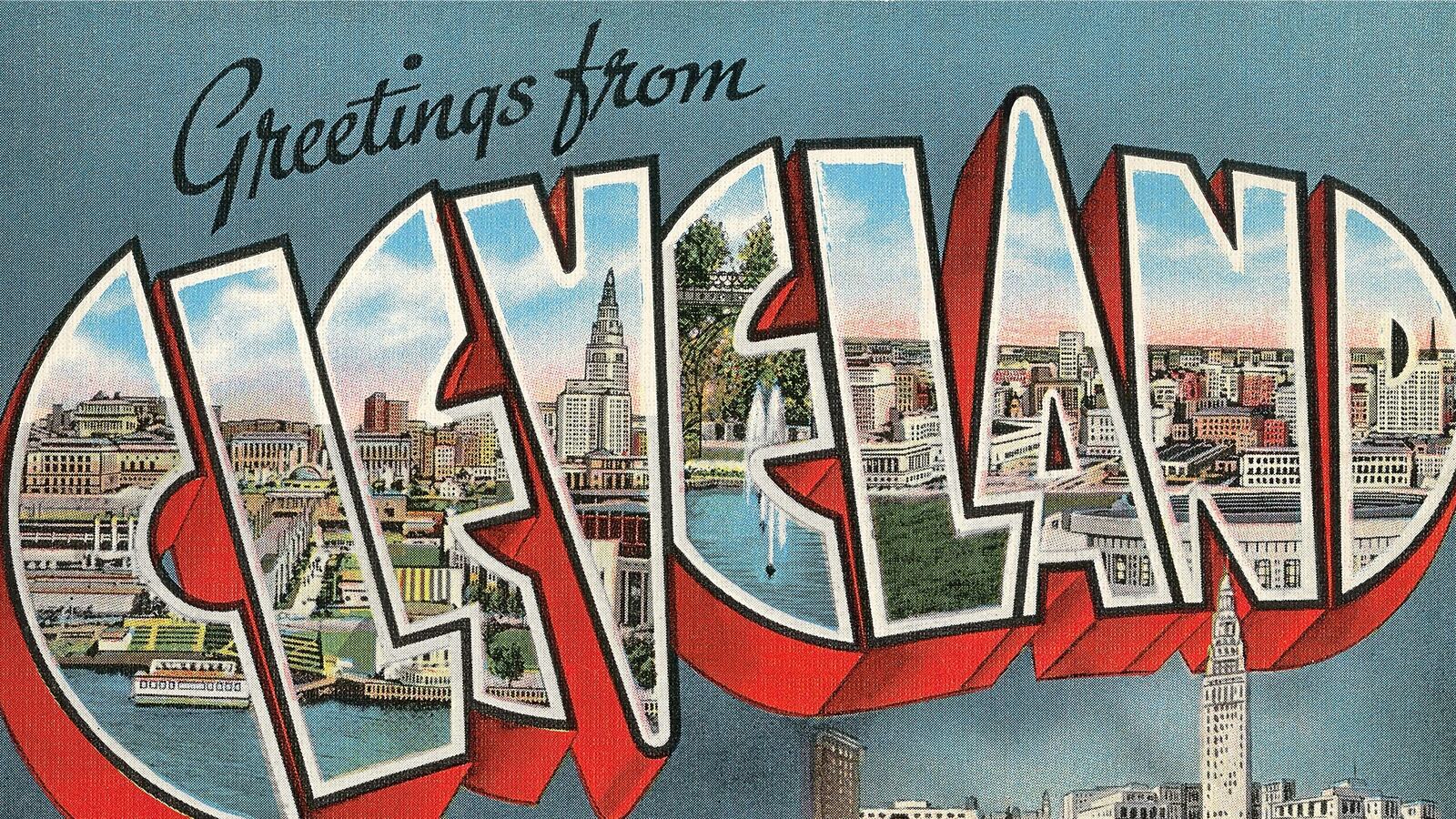For the moment, Cleveland is looking like the city at the center of the universe. Last Tuesday, the Republican National Committee announced that Cleveland will host the GOP’s 2016 convention, and three days later LeBron James let the world know that he will be returning to play for the Cavaliers, ending his sojourn in Miami. Not surprisingly, there is already talk of how a protracted NBA season for the Cavs could impact the GOP’s convention plans. If only.
Like much of the Rust Belt, Cleveland has seen better days. In 1940 Cleveland was America’s sixth-largest city, and home to more than 878,000; these days Cleveland is down to under 400,000. In 1978, Cleveland defaulted on a $20 million bank loan, but managed to avoid filing for bankruptcy—which puts it ahead of Detroit, which filed for bankruptcy last summer, and had hosted the GOP 1980 convention.
Still, as the GOP prepares for its convention, the party should be ready to have something to say to the Rust Belt, because what once was a fairly welcoming place for the national GOP is no longer the case.
Michigan and Pennsylvania last voted Republican in 1988, while in the past six presidential elections, Ohio has gone Democratic four times. Two years ago, Barack Obama beat Mitt Romney in Ohio by a relatively narrow 160,000 votes, but Obama’s winning margin in Cuyahoga County—whose county seat is Cleveland—was more than 235,000 votes. Cleveland may have shrunk, but it remains relevant both numerically and as a cautionary tale.
To put things perspective, Obama’s win in Ohio came on the heels of the state’s enactment of a strict voter identification law in 2011. For Republicans, things didn’t exactly work out as planned. Instead of suppressing turnout, the law seemed to spur people to go to the polls. Why get just mad, when you can also get even?
Still, there is hope for the Republicans in the Rust Belt—if they can give the public a reason to vote for them. Although Republican presidential candidates can’t seem to catch a break in the Midwest, the GOP still manages to win statewide races there, unlike California and New York, which are lost causes and don’t look like they are coming back anytime soon. Michigan, Ohio, and Pennsylvania all have Republican governors, while Ohio and Pennsylvania each send a Republican senator to Washington, and Ohio’s John Boehner is the Speaker of the House.
Part of the national Republicans’ problem is cultural, part of it is regional, and part of it is programmatic, or lack of one to be clear. A campaign message that plays well at 11 o’clock on a Sunday morning in South Carolina is great for South Carolina, but it’s not what the Rust Belt wants to hear on Election Day. With Hillary Clinton waiting in the wings on the Democratic side, the Republicans need to recalibrate quickly. Betting on economic catastrophe is not a campaign strategy.
So instead of just Obama-bashing from now through 2016, the GOP should be talking programs. Musing about impeachment is both stupid and bad politics. Lest anyone need a refresher, impeachment cost the Republicans seats in the 1998 midterms, as well Newt Gingrich’s job as speaker.
Rather, the Republicans need to start talking about jobs, roads, and infrastructure. Contrary to what Jim DeMint and the Heritage Foundation may say, that stuff is as American as apple pie. Heck, Article I, Section 8 of the Constitution expressly empowers Congress to establish roads. It is also a matter of political necessity if the Republicans want to expand their appeal beyond the usual suspects.
Right now, unemployment is on the way down, but the economy’s victims outnumber its winners. Clinton leads all Republican rivals nationally and is ahead among white college graduates. Yet, those same polls show Clinton struggling to stay even in the Midwest, and lagging among white voters without four-year degrees. In fact, the Midwest is the only region where Clinton lacks a definite lead. (She’s actually pretty strong in the South, where the African-American vote is propping her up well against GOP contenders.)
In other words, all is not lost for the GOP. There is an army of the disaffected who might just be willing to listen to the Republicans if the offer were right. After all, politics is transactional.
Talking about home and hearth might feel satisfying to the Republican field and comforting to the Republican rank and file, but that’s not going to be enough for a win. On the other hand, offering concrete proposals to rebuild our roads, bridges, and infrastructure may have actual appeal to a broad swath of the country.
Abraham Lincoln was the first Republican president, and in addition to winning the Civil War and ending slavery, Lincoln also successfully pushed for the transcontinental railroad, which was completed after his death. Fast-forward to 1956 when Dwight Eisenhower, another Republican president, signed into law the legislation that made the interstate highway system a reality.
For the United States, the railroad, the automobile, and the highway meant lots of things, things like jobs, growth, and freedom of the road. It has also meant a better life for all of us.
Judging from the headlines, Cleveland is thrilled to see LeBron return home. Cleveland would also be thrilled if its economy would continue to move forward faster, as its 6.6 percent unemployment rate is higher than both the national average, and unemployment in the rest of Ohio. The Republicans’ best opportunity in 2016 rests in persuading Ohioans and the country that they can do something about it.
Indeed, Republicans should take their cue from William McKinley, another Republican president and an Ohioan. He saw the need for America to keep its transportation system vital, and that message helped get him to the White House more than a century ago. It is a message that resonated then, and it can do so once again.






